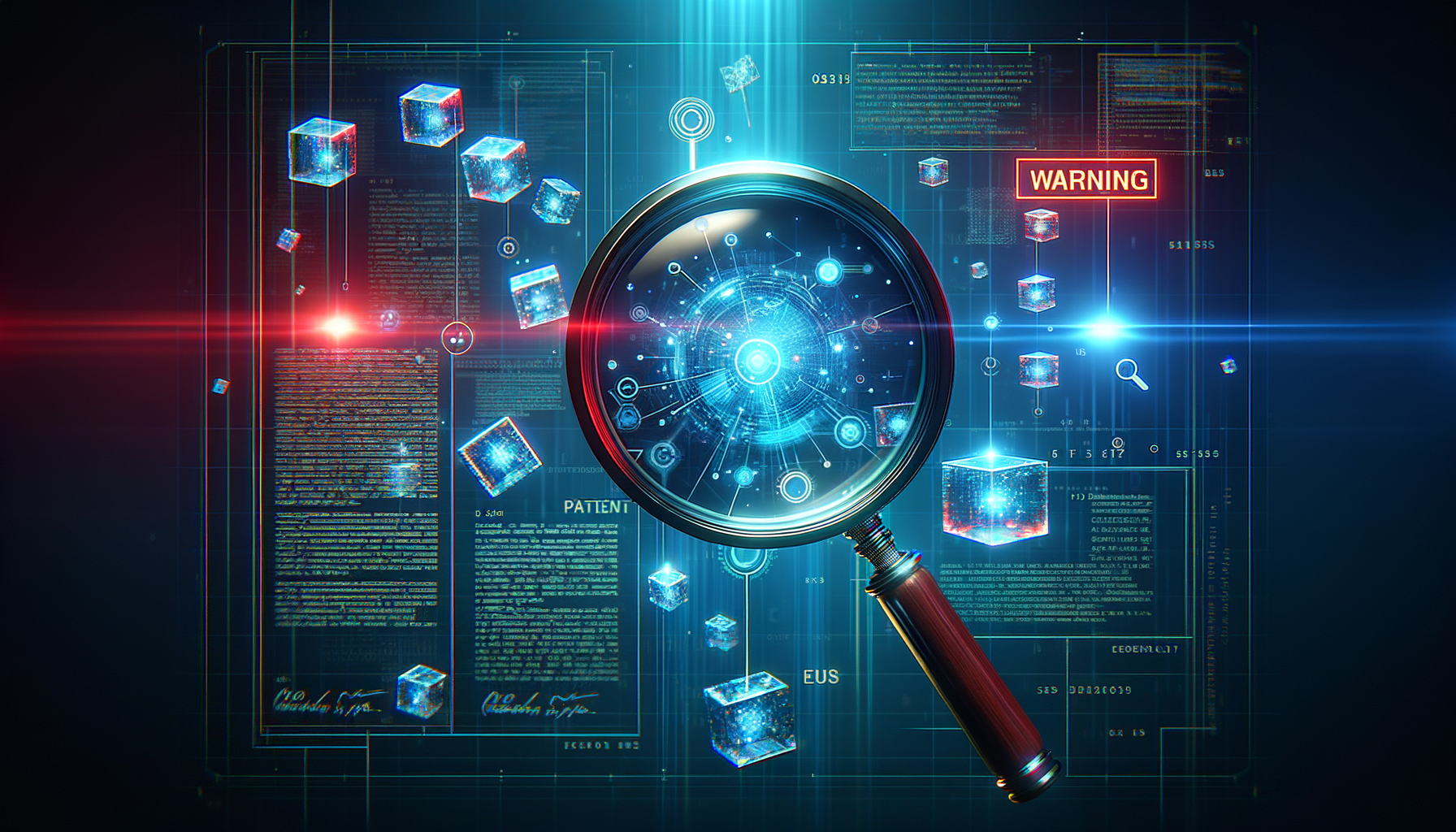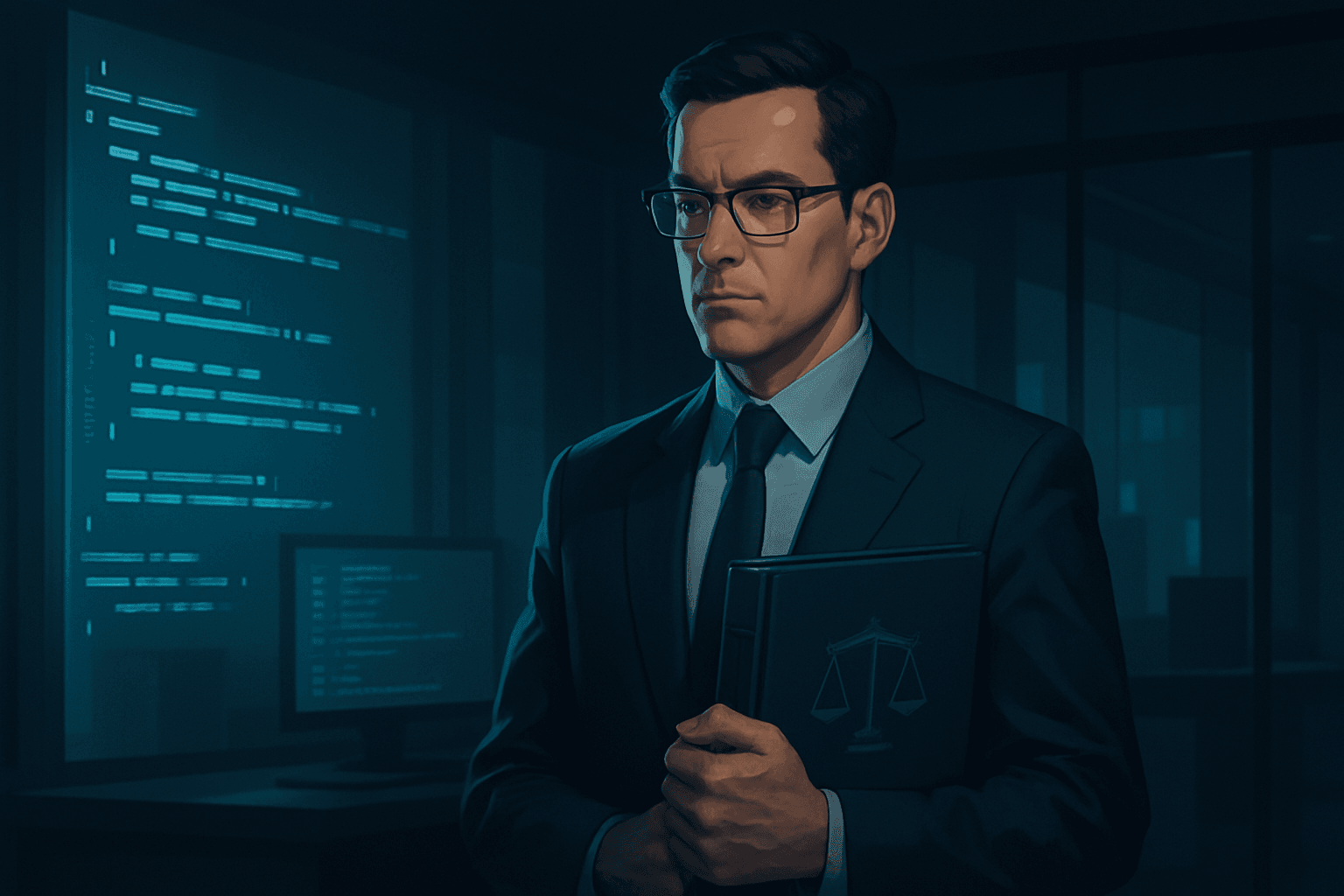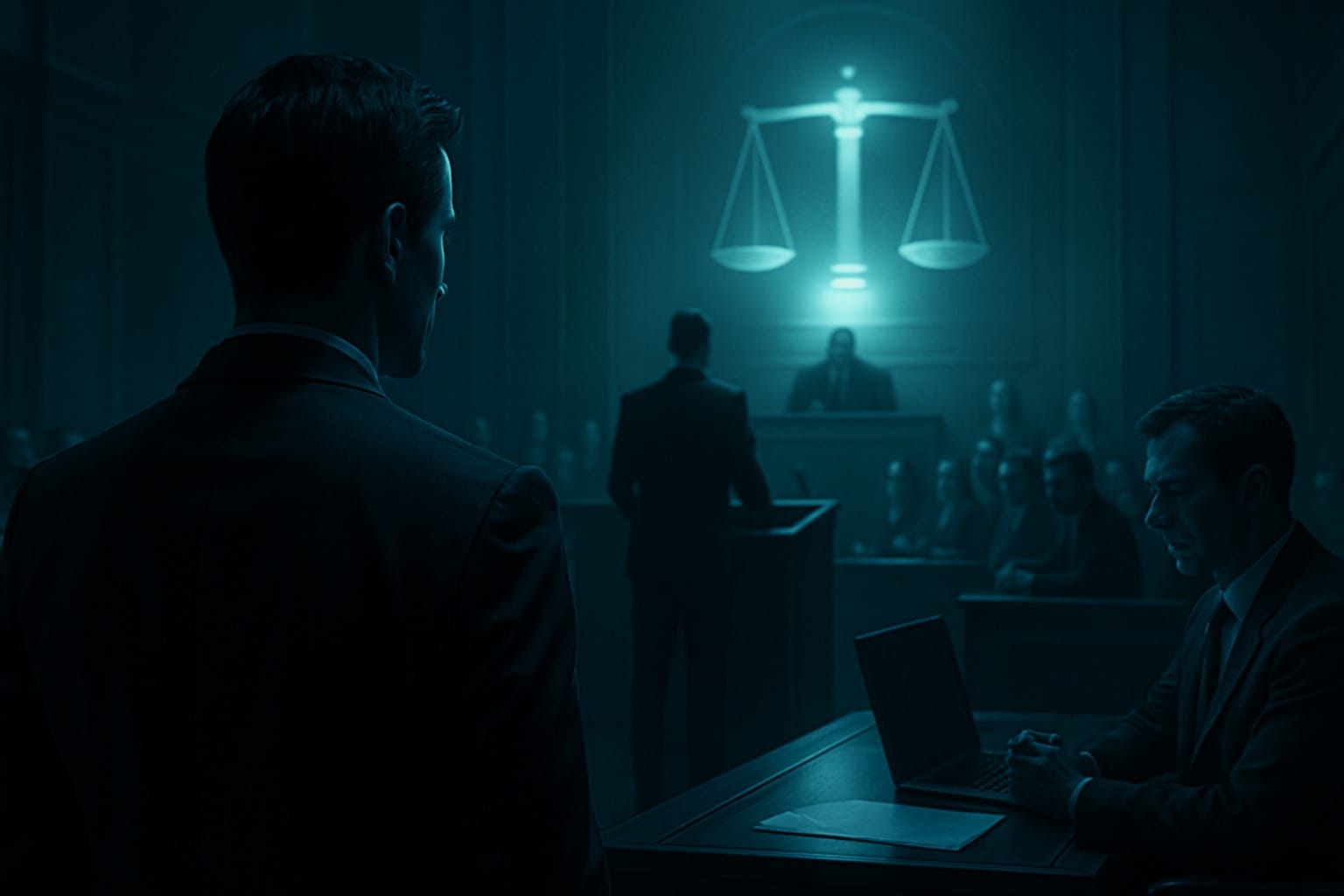Software breach of contract disputes increasingly center on web applications, APIs, and cloud services. This article explains five key ways an internet and web expert witness helps attorneys clarify technical obligations, reconstruct project histories, and connect failures to legally meaningful damages.
A new addition has strengthened the telecommunications capabilities available to litigators working with Sidespin Group. A highly accomplished Wi-Fi expert witness and telecommunications expert witness has joined our roster, bringing decades of research, standards development, and expert testimony experience across wireless, software-defined radio, and broadband technologies.This expert is widely known in patent litigation circles for deep technical fluency, consistent credibility under deposition, and substantial familiarity with the procedural demands of both district court and PTAB matters. Their background now expands the range of software expert witness and wireless communications analysis available to clients handling disputes involving cellular standards, Wi-Fi technologies, network architecture, and signal processing.
Recent INsights
Discuss your Case
- info@sidespingroup.com
- (800) 510-6844
- Monday – Friday
- 8am – 6pm PT
- 11am – 9pm ET


